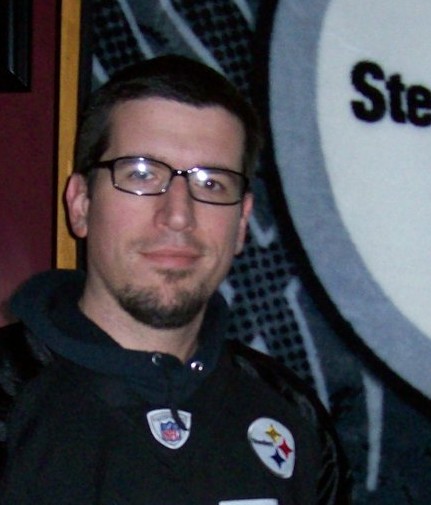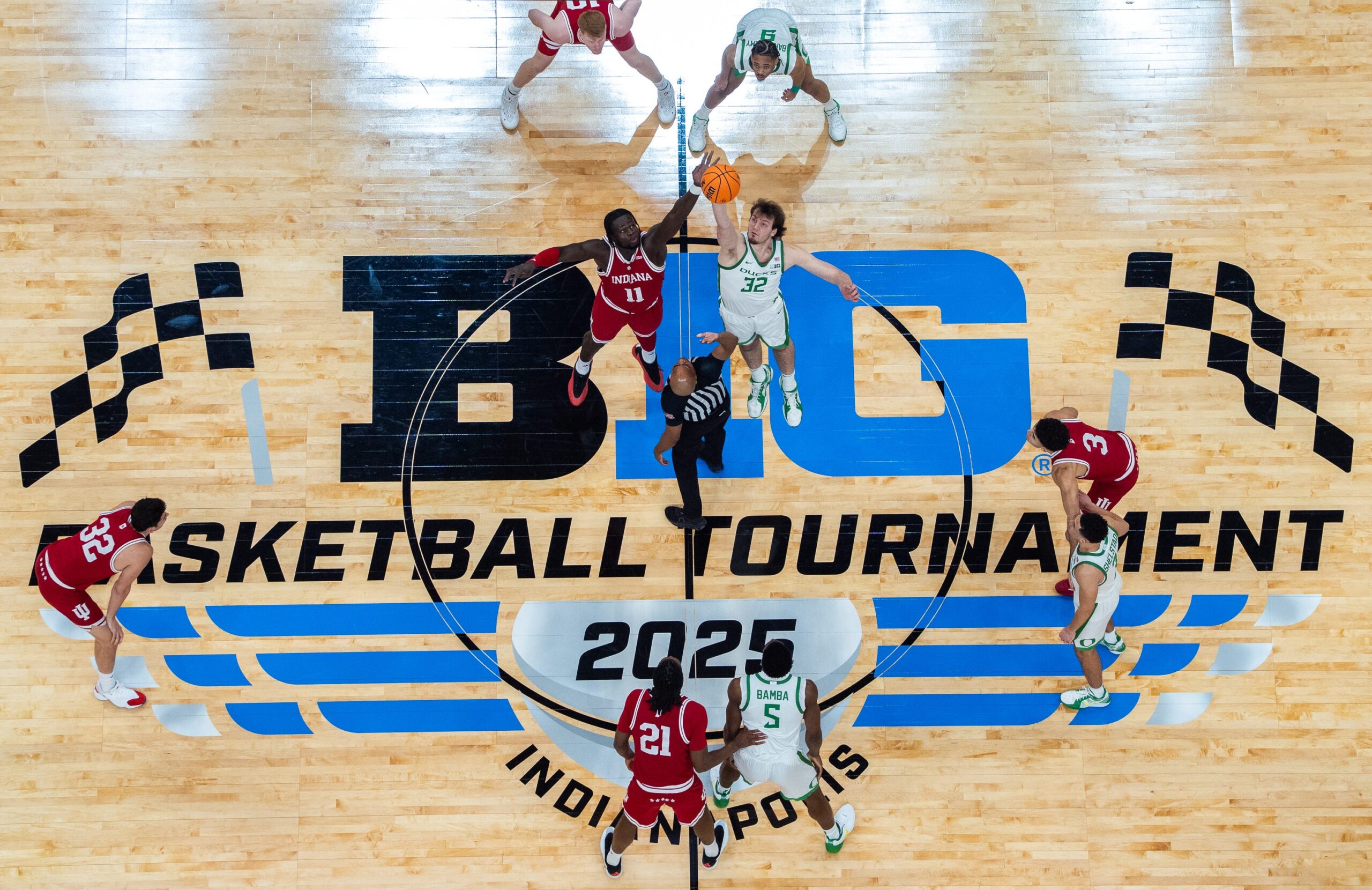Calinger: Falcons should have used some old-school power football vs. Patriots

By J.W. CALINGER
ISL Correspondent
Maybe it’s because I spent so much of the 90s watching Pittsburgh Steelers and Nebraska Cornhuskers power backs, but I think that even in this day and age, there’s something special about the power-running game. I understand finesse is in, and I understand how the rules favor passing. I even understand the complaints that power running is boring, though I don’t agree. I nevertheless think there’s a place for three-yards-and-a-cloud-of-dust, even in modern football.

About now, I imagine the Atlanta Falcons would agree with me. Along with the rest of the country, I just watched them blow a 25-point lead to the New England Patriots in Super Bowl LI, and part of the reason why was the inability or unwillingness of the Falcons to use power-running at some critical times in the game. Sure, the Patriots were going to score some points – that is Tom Brady throwing the ball, after all – but the Falcons had the chance to stop the comeback in its tracks, and they blew it. I’ve seen similar situations in both the professional and college playoffs; other teams have lost games or almost lost them because of being unable to gain first downs in critical short-yardage situations.
The @AtlantaFalcons #SB51 collapse in one word?
Historic: https://t.co/Yx3KyAiSnW (via @jeffrichadiha) pic.twitter.com/k4RDMCBRML
— NFL (@NFL) February 6, 2017
If I were a head coach or offensive coordinator, I’d make it my team’s goal to be able to line up in a power formation and hand off to the running back on with one or two yards to go, and pick up the first down every time. I don’t think many coaches make this a priority any more, and I don’t think they’ve cared about it for a long time.
This isn’t just about a lack of power running backs, though it doesn’t help that many running backs these days are the light and quick sort that can split wide. It’s about a lack of power running systems. I think offensive lines surge forward so rarely that opposing defensive tackles actually are better at surging forward than the folks blocking them. They’re so unaccustomed to power-run blocking that when they try, they don’t do as well as they used to.
Among other things, a power running game can stop comebacks. When a team builds a large lead, there’s nothing more satisfying for them than knowing they can line up in power formations and pound the rock up the middle, and knowing the other defense sees it coming but can’t do a thing about it.
In games like Super Bowl LI, there always are plays that stand out, and not all of them show up on the highlight reel. The first of two Atlanta offensive plays that stand out for me happened with about 8:30 left in the fourth quarter. Atlanta started at their own 27-yard line, and ran for eight yards, then one. On 3rd-and-1, Matt Ryan was sacked for an 11-yard loss and, on top of that, fumbled the ball. While I realize the Falcons wanted to mix it up, so to speak, the fact remains that had they run again, the runner probably either would have made the first down or would have been tacked at about the line of scrimmage, resulting in a punt. Assuming a net of about 40 yards, the Patriots would have had 50 more yards to go for a touchdown than they did.
Further, not only did Atlanta not run, they didn’t even threaten a run. They telegraphed a pass attempt by lining up the running back far enough in front of Ryan that the running back was in no position to take a handoff.
The second play happened with about 4:40 left in the fourth quarter. Atlanta had the ball, 1st-and-10 on the New England 22, well within field goal range. Since they lost a yard on first down, I can understand their temptation to change tactics. Still, had the Falcons run the ball up the middle on second and third downs, even if they wouldn’t have converted another first down, they probably would have taken about 1:30 off the clock, unless New England used its timeouts. The Falcons then probably would have kicked a field goal to put them up by 11 with just over three minutes left in regulation.
During the Patriots’ comeback, the Falcons didn’t have a drive over 2:30, and one major reason why was clock stoppages due to incomplete passes, penalties, or turnovers. Given that New England scored the tying touchdown with less than a minute left in regulation, I’d guess that had Atlanta taken an average of one minute more on each of their last three drives, the Tom Brady comeback would not have happened.
I’m guessing the Falcons would have liked having a little power-running in their arsenal. Not only would it have taken more time off the clock, giving the Patriots fewer opportunities to score, but it would have given the Falcons defense some badly needed rest. A major contributing factor to the Patriots’ comeback was the way Atlanta’s defensive backs were worn down after chasing New England receivers in man coverage.
The sad part is that installing a power running game isn’t as hard as one would think. Any team that has a fullback has a potential power back – Green Bay knows this – and one can line up a fullback as a running back in a three-tight-end formation. Even if a team doesn’t have a fullback, it usually has a huge tight end, and I’m confident that a tight end can learn to take a handoff and plow up the middle, especially if it’s 3rd-and-2 and all the tight end needs to do is to run behind the right guard and get whatever yardage he can.
There was an episode of “Star Trek: The Next Generation” in which Cmdr. LaForge told Scotty – yes, that Scotty – “Just because something is old doesn’t mean you throw it away.” There are coaches and quarterbacks, though, who throw it away when they need it most, when championships are on the line. As remarkable as Brady’s comeback was, the Falcons gave him a lot of help by using poor strategy and, consequently, became the first team to lose a Super Bowl after leading by over 10 points, and the first team to use a Super Bowl after scoring a touchdown off an interception return. I hope their finesse is a consolation to them, but I doubt it.






